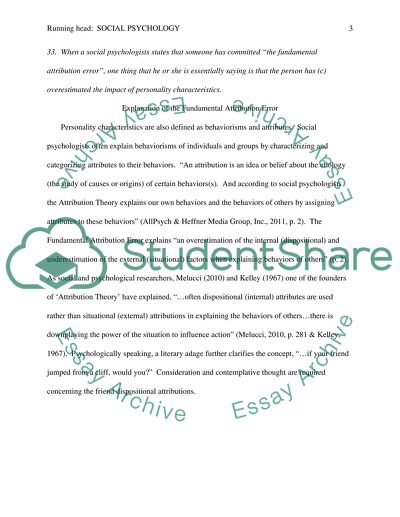Cite this document
(“Social Psychology Assignment Example | Topics and Well Written Essays - 1000 words”, n.d.)
Retrieved from https://studentshare.org/psychology/1461215-social-psychology
Retrieved from https://studentshare.org/psychology/1461215-social-psychology
(Social Psychology Assignment Example | Topics and Well Written Essays - 1000 Words)
https://studentshare.org/psychology/1461215-social-psychology.
https://studentshare.org/psychology/1461215-social-psychology.
“Social Psychology Assignment Example | Topics and Well Written Essays - 1000 Words”, n.d. https://studentshare.org/psychology/1461215-social-psychology.


